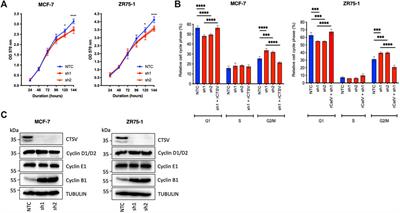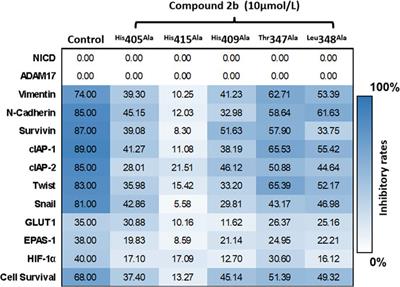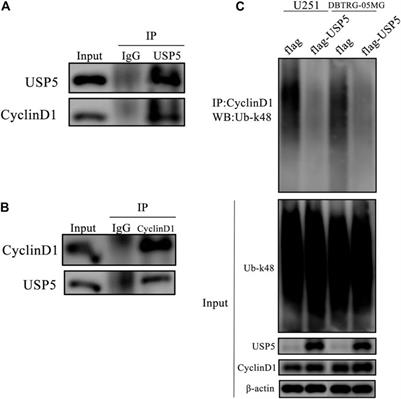EDITORIAL
Published on 11 Apr 2024
Editorial: Peptidases as a therapeutic target in anti-cancer management
doi 10.3389/fphar.2024.1394018
- 513 views
5,346
Total downloads
35k
Total views and downloads
Select the journal/section where you want your idea to be submitted:
EDITORIAL
Published on 11 Apr 2024
ORIGINAL RESEARCH
Published on 05 Dec 2023

ORIGINAL RESEARCH
Published on 06 Nov 2023

ORIGINAL RESEARCH
Published on 29 Jun 2023

ORIGINAL RESEARCH
Published on 16 Aug 2021

ORIGINAL RESEARCH
Published on 01 Jul 2021


Frontiers in Oncology